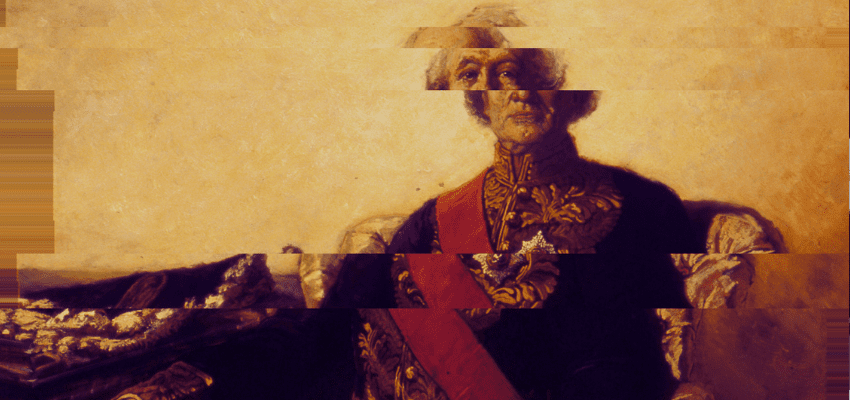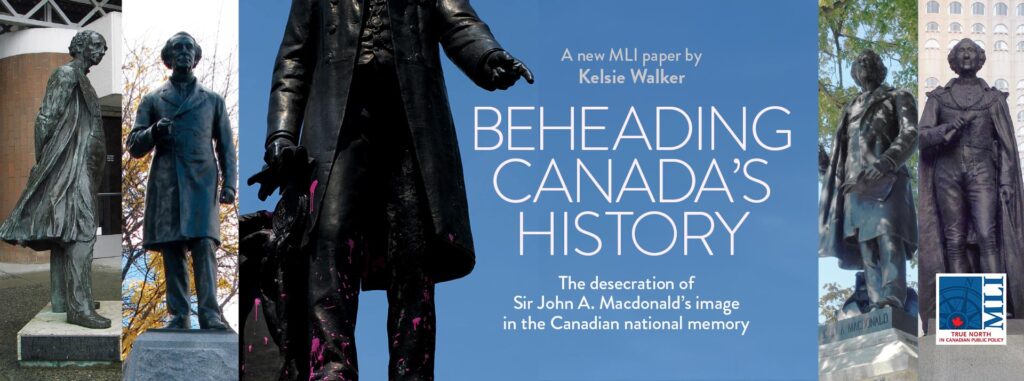By Patrice Dutil, January 11, 2025
Sir John A. Macdonald was born on this day, January 11, in 1815 – but too often he is judged as if he was born in the late 20th century, not 210 years ago.
It seems that for many politicians, school officials, and members of the media, this is sometimes a difficult feat.
It’s not a new habit of mind – in the mid-nineteenth century, the eminent German philosopher and historian Leopold Ranke was so outraged by those who arrogantly dismissed the motives of historical figures that he dedicated a series of lectures on the topic. He declared that “every age is next to God,” explaining that historical periods had to be judged by how the almighty would have seen the events unfold; man’s actions would be measured by His commandments and in their own time, not by the standards of a new age.
The temptation to dismiss the past as “inferior” stood against reason itself. One could not condemn previous generations for their weak knowledge and prejudices. History could not be read “backwards,” and the “Middle Ages,” for instance, could only be considered as undeveloped by people who simply did not have the knowledge to appreciate them. Times were different and progress, whatever that was, was something that happened by fits and starts. “History is no criminal court,” Ranke declared.
Over the past fifteen years a number of commentators and scholars, including the collective leadership of the Canadian Historical Association, have condemned Macdonald and his governments as particularly unworthy. His memory has been erased from schools and streets, while nine of the eleven monuments erected in his memory across the country have been removed from public view. Macdonald is seen as source of shame because he inaugurated a new wave of residential schools and because of his treatment of Métis and Indigenous communities in the West.
This is fundamentally wrong-minded because Macdonald cannot be held responsible for things he did not do. His goal in establishing residential schools was to offer an education to Indigenous children – boys and girls – who could not go to school because their numbers in remote communities were too small. There is no evidence that children perished in those schools during his tenure in power though it is undeniable that many of them were ill.
The evidence also shows that Macdonald and his government were highly responsive in reacting to the transformative crisis that beset the Indigenous peoples on the Prairies during the late 1870s and 1880s by providing food rations, inoculations and instructors as well as tools to help communities learn the hard art of farming.
Were there unintended victims? Did Indigenous peoples lose a part of their culture as a result of the grand transformation imposed on them in the second half of the nineteenth century? Undeniably. But it is also undeniable that without the blanket of protection provided by Macdonald, the consequences would have been far worse.
Did he succeed unequivocally? Hardly. But he tried. He spent the money, elaborated new programs, and sought the best outcomes possible during an era when governments simply did not venture into social and economic policy.
Macdonald’s behaviour in 1885 – the most trying year of his career – is an effective prism through which to examine his career. In 1885, he faced a series of crises, including pressure from Great Britain to join a military campaign in Sudan, a new US president that sought to rip up commercial deals with Canada, a smallpox epidemic in Quebec, an insurrection in the North-West, led by Metis firebrand Louis Riel, and a backlash in Quebec when Riel was hanged for treason. He also needed to rescue a financially floundering Canadian Pacific Railway.
That year was incredibly trying for Canada’s first prime minister: it consisted of a cascade of twists, controversies, triumphs, and violence. Through it all, Macdonald creatively dealt with foreign affairs, Indigenous questions, democratic rights, nationhood, immigration, critical infrastructure, the role of the state, of memory, environmental issues, and life and death.
In this messy, chaotic world of politics, Macdonald acted sometimes strategically, sometimes improvisationally. He was at times entirely cerebral; sometimes he performed his emotions in order to convince more people. The journalist Edward Farrer observed that Macdonald had a knack for appearing “frail,” and always “asked people to support him on that account.” It worked. Writing in 1910, Farrer conceded that Macdonald had “a sagacity for meeting each political situation as it arose” and that, in hindsight, his policies were clearly popular with the voters (he won six majorities in his years as prime minister).
Commentators and historians should be dedicated to the task of explaining how Macdonald maintained his popularity during his long career, instead of viewing – and dismissing – his accomplishments through the warped lens of presentism.
Patrice Dutil is a senior fellow at the Macdonald-Laurier Institute. His new book is Sir John A. Macdonald and the Apocalyptic Year 1885 (Sutherland House).







